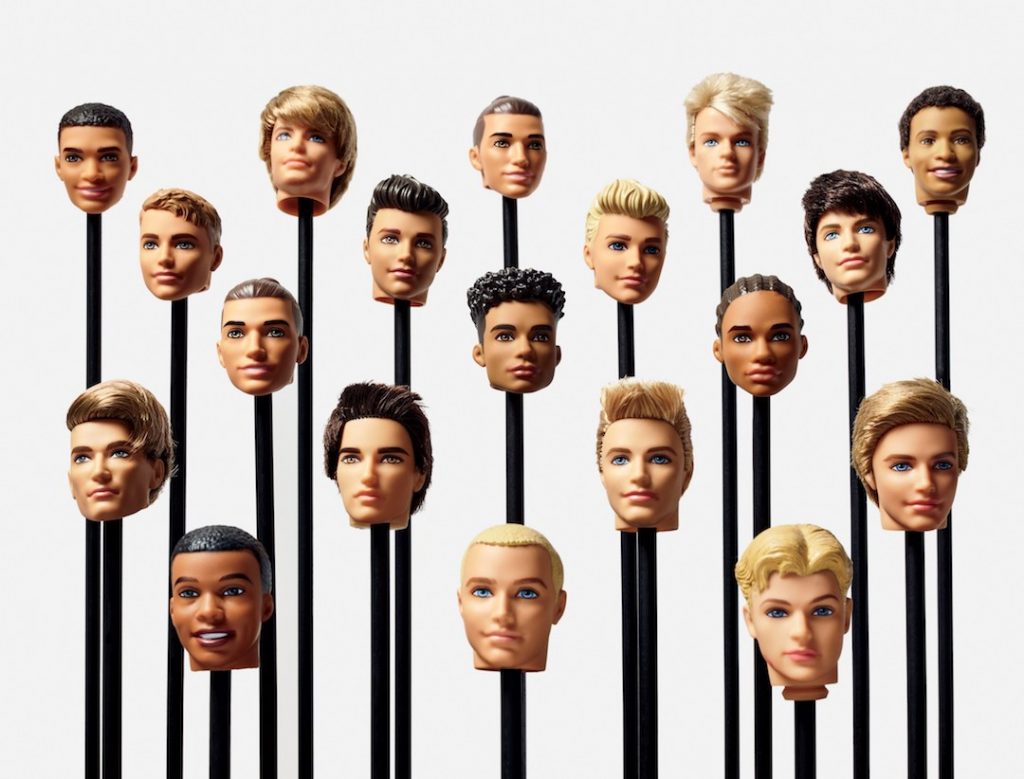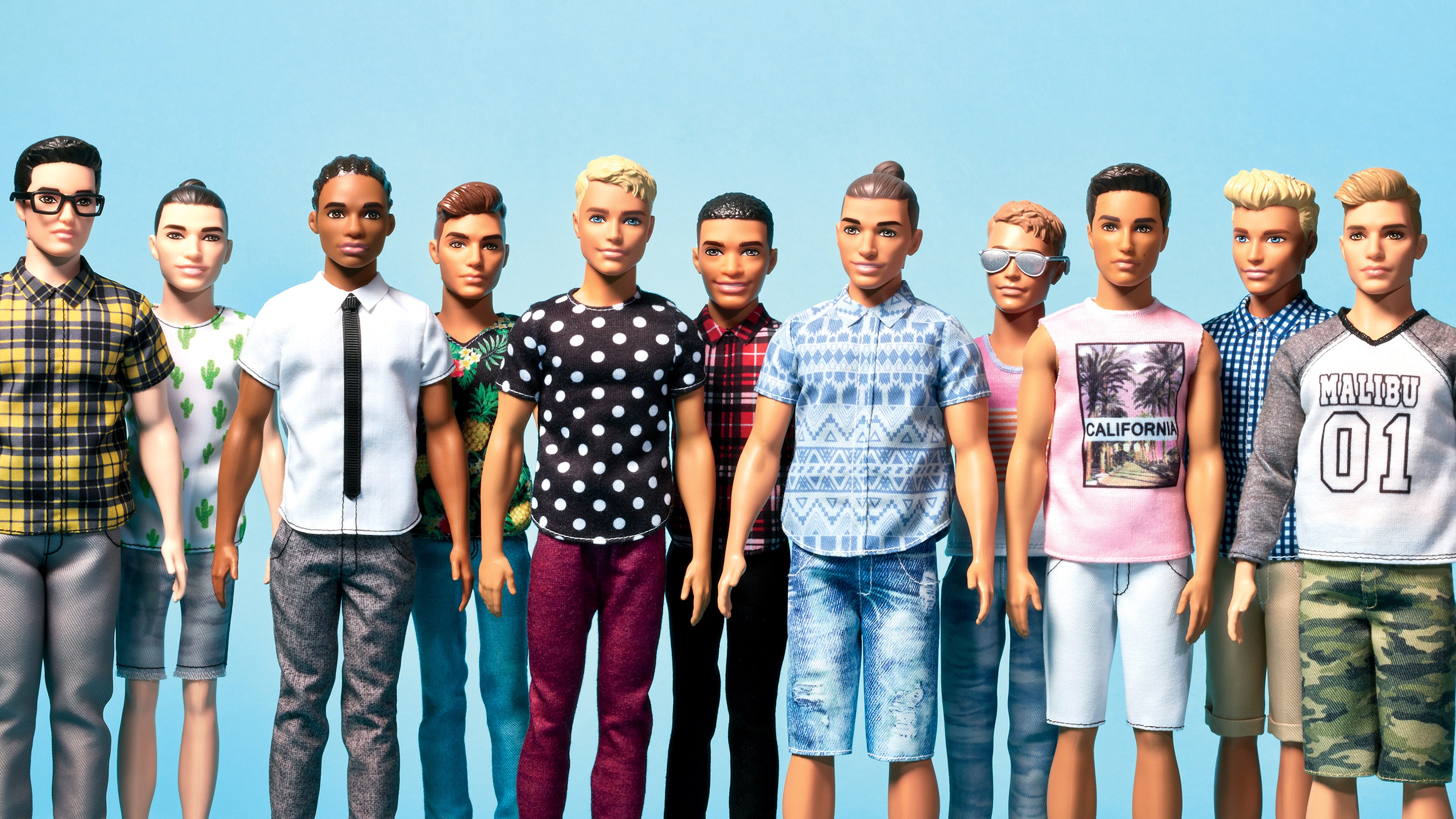The first time my friend Julian was on Tinder, he matched with a girl who was coming out of a relationship.
Following this, he dated a girl who was taking a break from one. And when this ended, he went on to match with someone who was already in a relationship.
The one common denominator in all these relationships was that the girls would eventually return to the person they were dating before they matched with him.
Julian matched with ‘unavailable’ girls so often that he coined a term for it: Tinder déjà vu.
Essentially, this refers to the moment you notice a pattern among your matches. It could be an inconsequential detail, such as that most your of matches are Singaporean Chinese girls about 160cm tall with long hair.
But in more interesting observations like the above, whether it’s never making it to a second date or always dating mummy’s boys, Tinder déjà vu is all about significant behaviour patterns that hold deeper and broader meaning in the relationship.
This is not the same as saying one has a ‘type’. ‘Type’ implies a conscious search for an idealised partner, whereas this is more about unconscious tendencies.
On these less than ideal romantic situations of the girls Julian matched with, he shares, “I met about 5 or 6 girls who fit into this pattern. Basically, whoever I dated was just using me as a distraction because they were convinced they needed someone else. Somehow, I fit that bill.”
As a result, he became very curious about what was going through the minds of these girls, and would “ask a lot of questions, pay a lot of attention, and always try to be present”.
Tinder déjà vu is all about significant behaviour patterns that hold deeper and broader meaning in the relationship.
In the case of Tinder déjà vu, the similarities between dating app matches say more about us than them. As an ex-boyfriend once advised, “If it seems everyone else is the problem, maybe you are the problem.” After all, you are the only constant in all these connections.
Similar to Julian, I would match with guys who were grappling with some sort of emotional turmoil. From being newly single after the end of a long-term relationship to the death of a family member, to various toxic relationships, most of these men ended up treating me like their therapist.
At first, I felt mildly flattered. Perhaps I had the impeccable ability to make a stranger feel comfortable enough to share their life story. (Job hazard?)
In return, I would eventually open up as well. This always resulted in an intense friendship that would crash and burn once either of us realised we didn’t actually have romantic feelings for each other.
Meeting someone who makes you feel exceptionally understood can be a powerful drug.
Julian tells me, “Whenever we’re in difficult relationships, especially being with someone who doesn’t listen to you, finding another person who listens to you can be an amazing experience. In my case, because I didn’t want to commit, I would always remain detached from those romantic arrangements.”
On hindsight, the lack of emotional boundaries between my matches and myself should have been a major red flag.

Even though I shared personal parts of my life that others may not have been comfortable sharing about themselves, the vulnerability was extremely calculated. I still controlled what I was revealing.
Likewise, Julian was never really emotionally invested in these ‘unavailable’ girls. These weren’t the healthiest relationships, but he admits that they fed his ego to “think someone would like [him] enough to cheat on someone else with him”.
It also helped that these arrangements didn’t require him to commit. He elaborates, “At that time, it was clear that I wanted to present the best parts of myself without really letting anyone in. Eventually finding out that they were distracted by someone else always came as a relief.”
With Julian, these girls would confess their situations and their feelings, only to find that he remained nonchalant and objective.
“We would go on dates, hook up, and then I would give them advice about the person they were having trouble with. I don’t think it made a lot of sense to them,” he says.
I ask what he thinks these recurring patterns say about him, and he concedes, “I’m just generally curious about other people and how they experience life, so maybe this was misinterpreted as interest. Maybe I mistakenly led these girls on.”
When your matches start to feel like déjà vu, you are forced to confront things about yourself.
“I’m used to comments like ‘why do we need to put a label on it’. In the typical fashion of wanting what you can’t have, I ended up investing way more than these men did,” she says.
I’m interested in Clare’s experiences because we’re largely similar, except for one trait—while I try not to play hard to get, she “literally has no chill”.
She says, “Ironically, playing hard to get is really hard for me. If I want to text you or see you, I’ll do it. I don’t see the point in playing games.”
Clare tells me that that her eagerness to mean something to these men not only turned them off, it also made her unsure whether she genuinely liked them or whether she merely wanted their attention.
After a quiet moment, she admits, “I probably want to be loved too much. I want to matter.”
—
“Recently, I’ve finally broken this pattern. Although I still prefer to be in relationships, I’m able to feel much more content being single than I did before. It’s still a work in progress and I constantly relapse, but I’m able to have that objectivity now that I didn’t have in my younger days,” shares Clare.
At the same time, Julian is now happily attached to a long-term girlfriend, but he doesn’t discount the fact that his experiences on dating apps contributed to a greater understanding of himself.
“For me, being on Tinder was an experiment in getting to know myself better. In the end, I realised that I didn’t meet too many people I really wanted to open up to,” he shares.
His admission resonates.
What does that say about me? Perhaps that, even though I was ready to date, I am not ready for love.
And I’d like to think my matches, emotional vomit and all, were key to helping me become comfortable with that.






